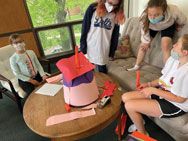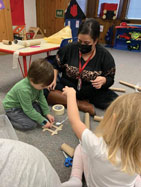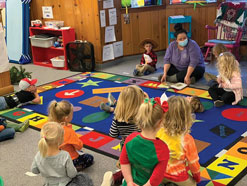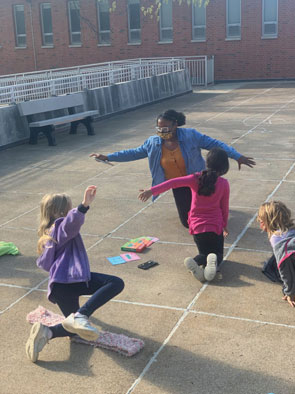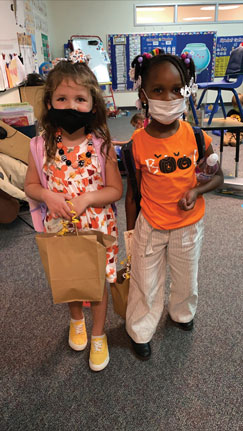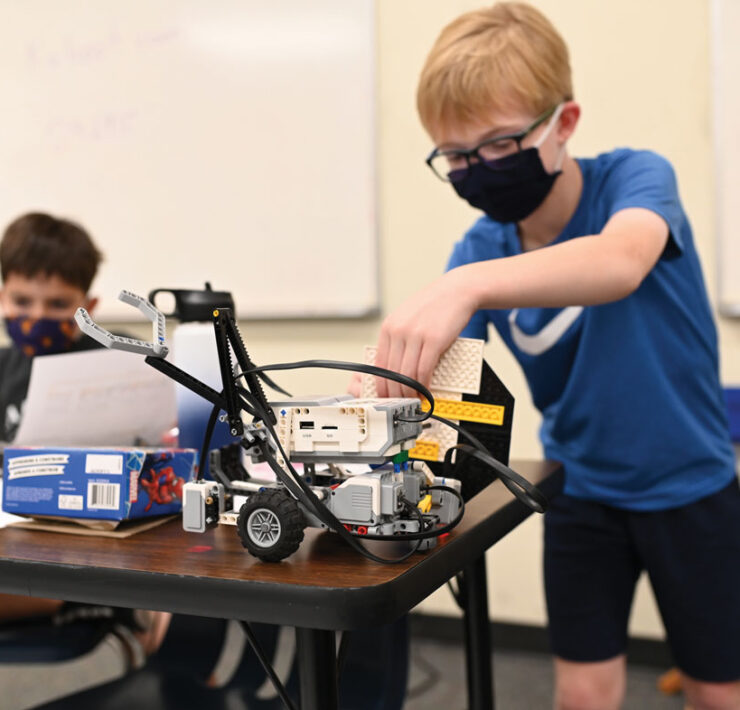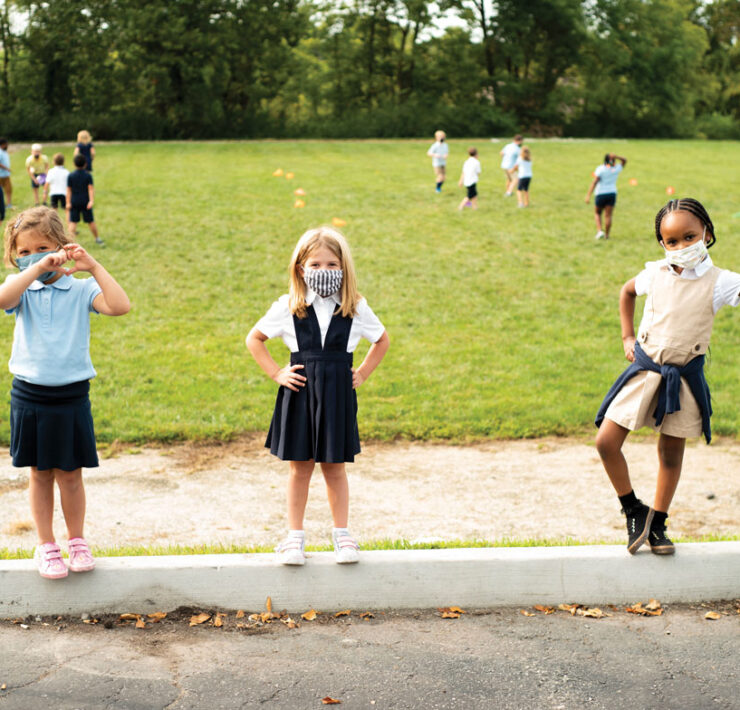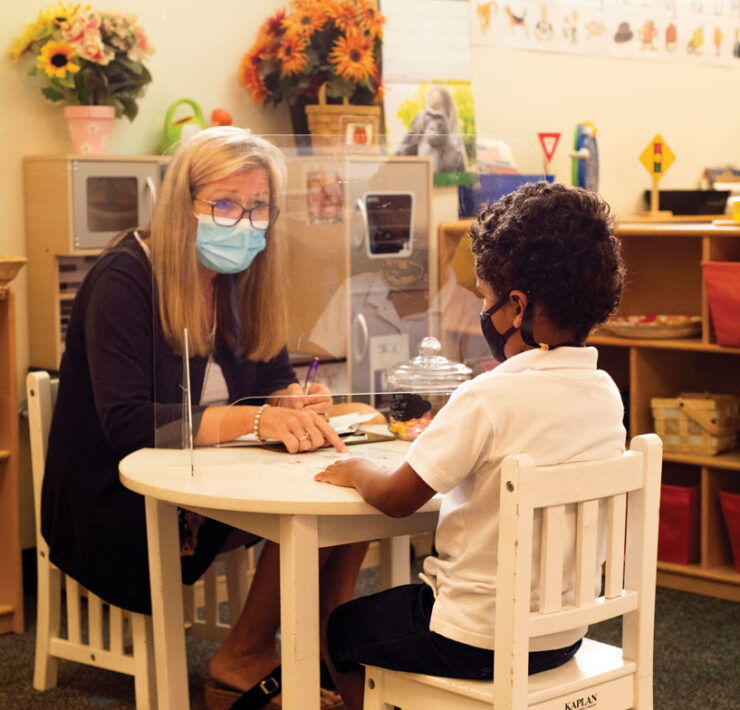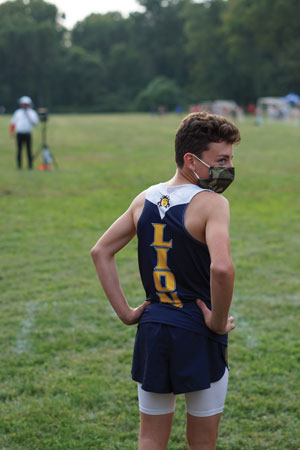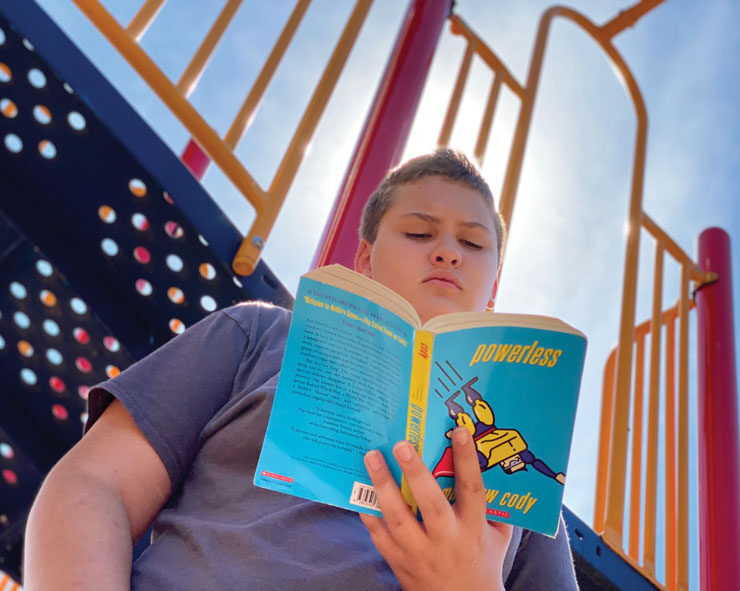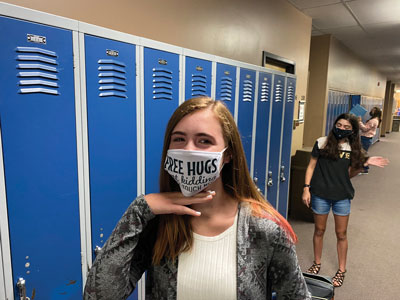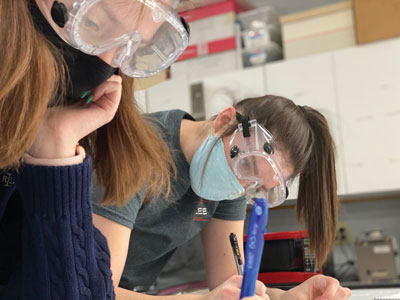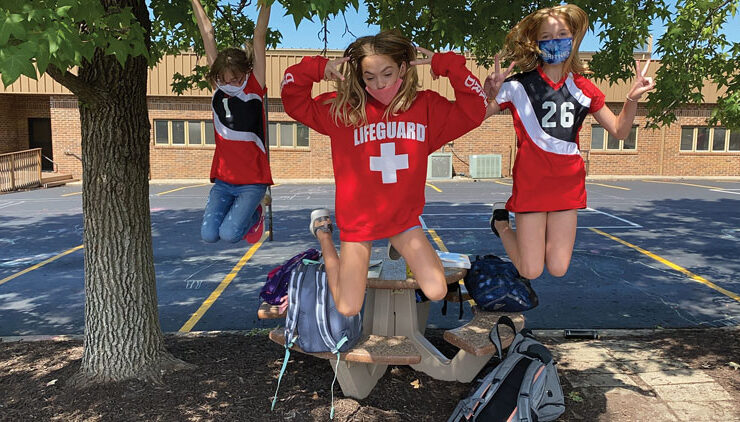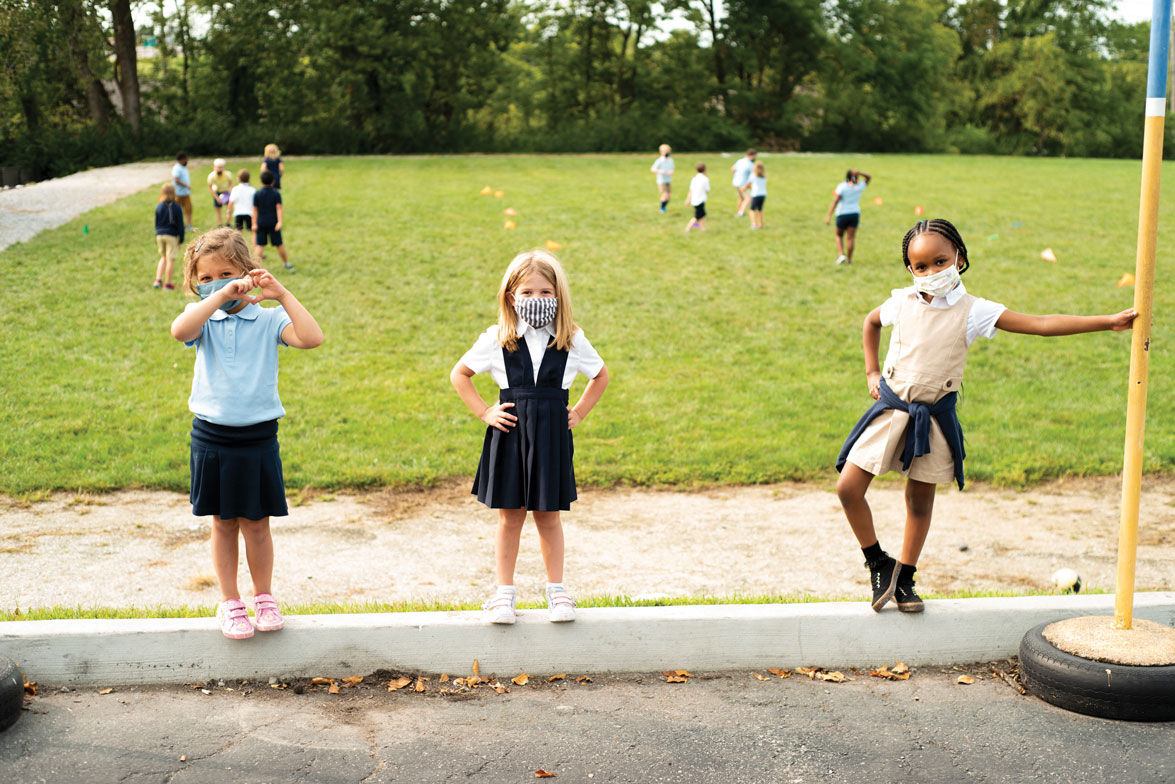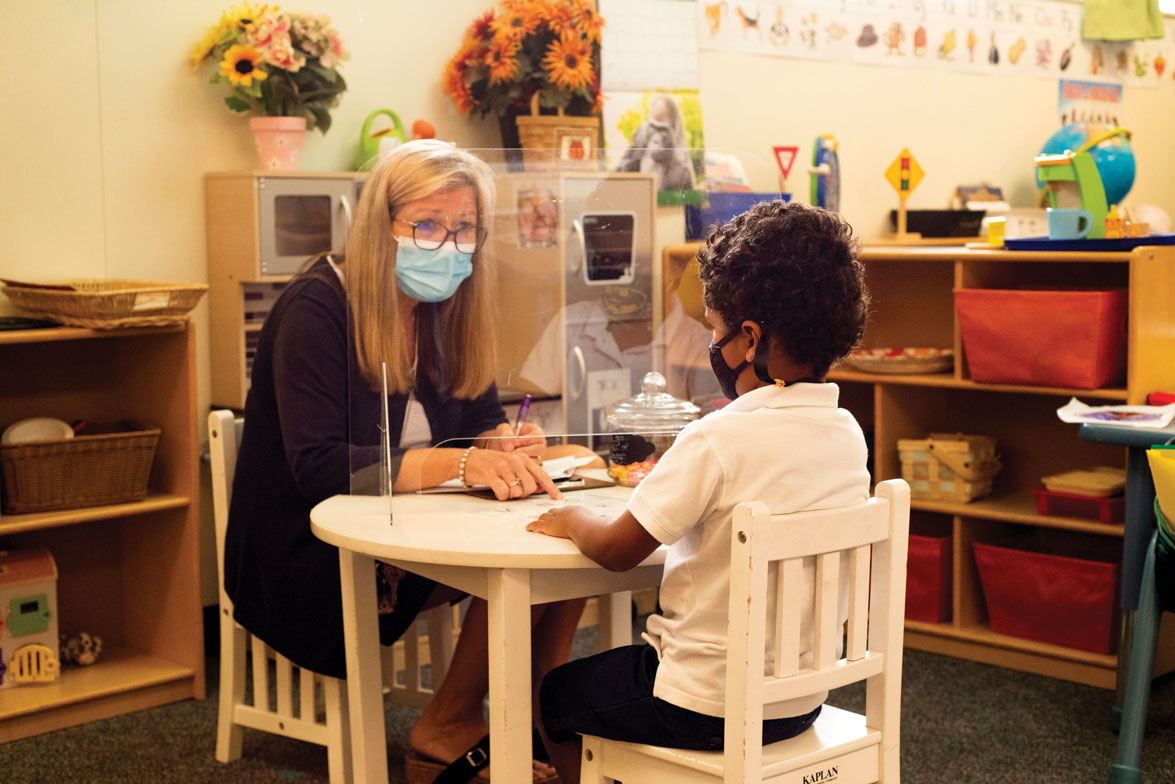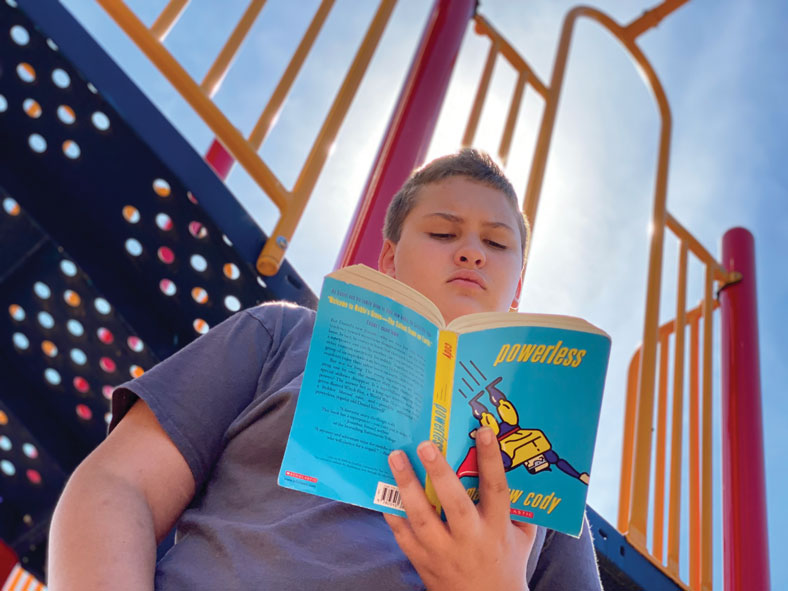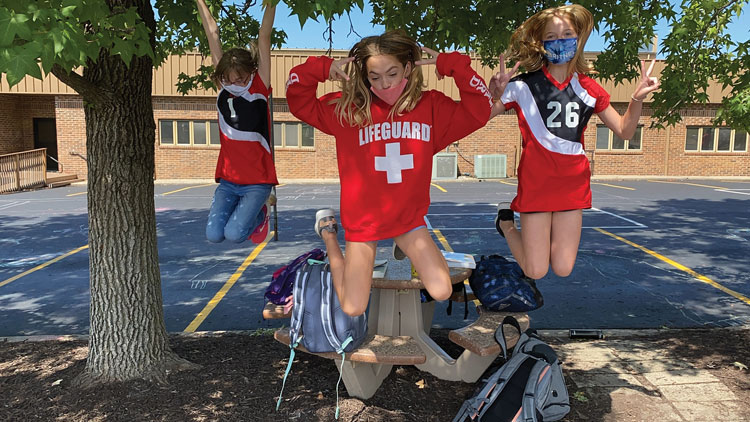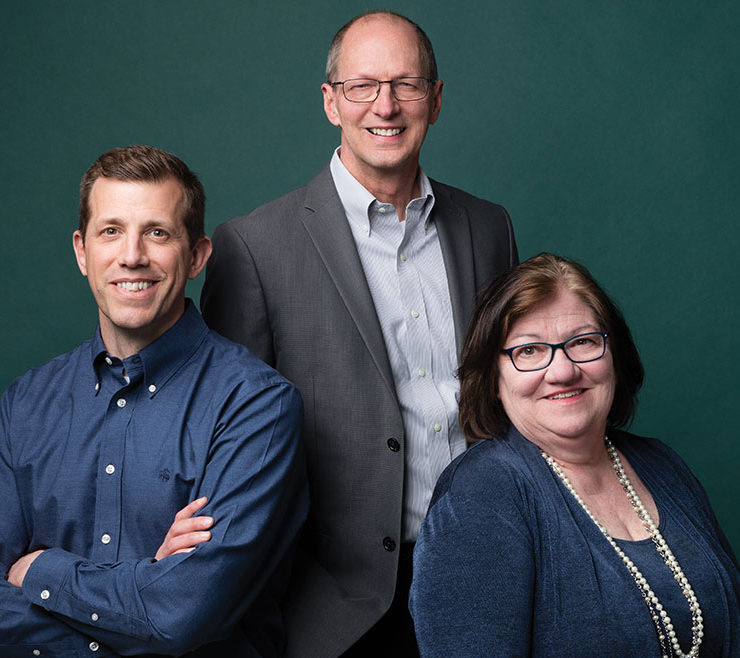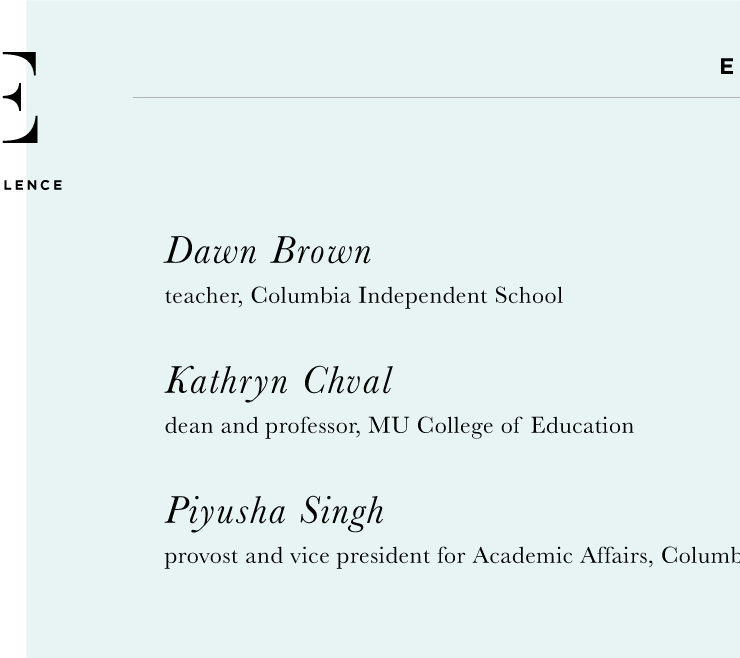Private School Advantage
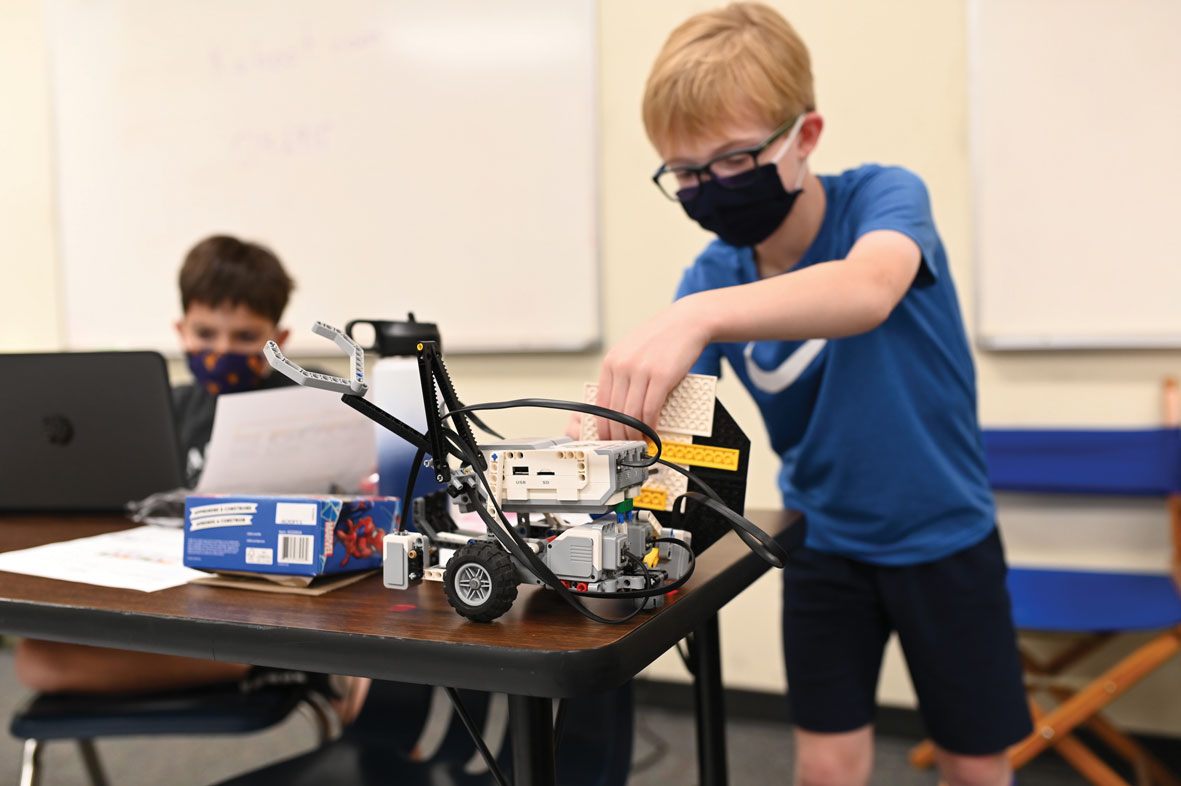
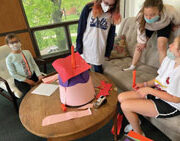
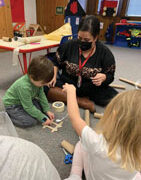
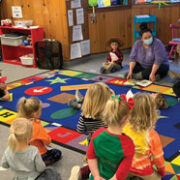
 +9
+9 Private School Advantage
Private School Advantage
The new normal brings new enrollment to Columbia private schools.
When the COVID-19 pandemic forced schools to quickly pivot and reimagine the 2020-2021 school year, Columbia’s private schools, like private schools around the country, rose to the occasion, balancing new concepts like social distancing and quarantining with in-person schooling and virtual events. And, with so much uncertainty about the ability to return to the classroom, Columbia’s private schools saw a marked increase in enrollment as last summer drew to a close.
Small but Mighty
“Private schools, because of our size, were able to turn on a dime a little quicker and adjust to the requirements of the pandemic,” says Kari Stockwell, director of admissions and marketing for Columbia Independent School. “With 400 students, 70 staff, and one building, it was far different than a public school district with thousands of students. Redesigning how school was going to work was possible for schools that were smaller and able to make decisions in an independent way.”
From the time school ended in June, administrators at Christian Fellowship School began preparing for fall, visiting with the health department and developing strategies and protocols for a return to in-person schooling. The school began communicating with families, letting them know that the ultimate goal would be a return to school. In order to achieve that goal, masks would be required, and any activities that could put the school at risk for an outbreak would be restricted. While the average enrollment had been around 290 students before the pandemic, enrollment increased more than 25 percent between July 2020 and January 2021.
“The decision-making we were having to make for 300 students was exhausting, but to think about that globally, for multiple buildings around town and thousands of students, is intense,” says Mike Acock, school board president and executive pastor at Christian Fellowship. “It’s a really delicate thing. As an administrator, I have a great respect for Columbia Public Schools.”
“Private schools, because of our size, were able to turn on a dime a little quicker and adjust to the requirements of the pandemic.”
Kari Stockwell, director of admissions and marketing for Columbia Independent School
The Push They Needed
Although their reasons for enrolling in private school during the pandemic varied, Kari says that many of their new families had previously shown interest in CIS.
“It wasn’t just the pandemic that caused them to reach out, but the pandemic pushed them over that hump,” she says.
The same was true at Christian Fellowship, where Mike says he saw families who had previously considered a Christian education shift their priorities in order to provide that opportunity for their children.
The Children’s School at Stephens College is a lab school that trains students, known as pre-service teachers, to be teachers. Director Beth Watson says the pandemic encouraged and empowered families who had been curious about CSSC to ask questions and learn more about a CSSC education.
“We are very different in that we are part of a college, and a lot of people in our community don’t understand our school,” Beth says. “Once they visited and met with the teachers, that was a draw.”
Making Private Schools Accessible for All
While the price tag of private schools means that it might not be a good fit for every family, Columbia’s private schools work to ensure that education is accessible to a wide range of students. Tuition assistance and scholarship programs help diversify student populations so students across all socioeconomic statuses, races, and ethnicities can learn together.
“We work hard to make sure we have a diverse population so we aren’t just an affluent private Christian school, and we work really hard to make sure that anyone who wants to come can come,” Mike says. “We give away between $300,000 and $350,000 in tuition assistance to make sure we have diversity in our school because we believe students learn better in that setting.”
About 40 percent of CIS’s students receive some amount of tuition assistance, which amounts to $1.2 million in tuition assistance annually, Kari says.
“If we are a good fit for a family, we’d like them to be able to attend,” she says.
Beth says CSSC also offers tuition assistance, regardless of income. The school is also working to grow a scholarship program that would cover tuition for students.
“If you request assistance, you can usually get it,” she says. “We also offer a sibling discount, employee discount, student discount, and a range of other offerings.”
“The decision-making we were having to make for 300 students was exhausting, but to think about that globally, for multiple buildings around town and thousands of students, is intense.”
Mike Acock, school board president and executive pastor at Christian Fellowship
The Private School Difference
While CSSC, CIS, and Christian Fellowship School all have tight-knit communities, a high level of parent involvement, and small class sizes, each approaches education from a slightly different angle.
At CIS, Kari says it’s about more than just academics, as the school also shines a spotlight on athletics, the arts, and building social-emotional skills.
“We want our students to be positioned for success in adulthood. It’s not just about meeting requirements to graduate,” she says. “It’s more about preparing them for the challenges they’ll meet when they reach adulthood. We are introducing executive functioning skills and building social-emotional skills. We want students to be intrinsically motivated so they develop a love of learning, a growth mindset, and the skills to be resilient.”
CIS students from junior kindergarten through high school also explore a global perspectives curriculum, getting exposure to French, Spanish, Mandarin, and Latin languages and exploring issues from a local, national, and global perspective. There is also an emphasis on college counseling, and Kari says students as young as ninth grade are encouraged and supported through the college exploration and preparation process.
As a lab school, CSSC is able to harness the robust resources of a college campus. Beth says that students are able to tap into the knowledge and resources of departments across campus, from the business department to the fashion department to the horse stables. With a focus on the whole child, rather than on teaching a rigid curriculum, CSSC students and teachers have the flexibility to explore and learn based on student interest.
“We offer teachers an alternative way of teaching, and they get to navigate the curriculum with the students in mind,” she says. “We think of the child as the center, and we call them the ‘small teachers,’ while our pre-service teachers are the ‘big teachers.’ They understand that they’re teaching these teachers how to teach, and they teach us as well. We show that these kids can learn in a different way and do just fine on standardized testing.”
Because of its small size and its unique multi-age classroom structure, CSSC is also able to meet the needs of gifted students.
“We have the ability to adjust a child’s grouping, so we shift our lens to focus on what they are doing rather than looking at them on a continuum of what they should be doing,” Beth says. “Because we are small, we have the time and space to do that, and that’s challenging when you have so many kids.”
Christian Fellowship School provides an education focused on the central idea that God has created everything. In addition to a rigorous academic curriculum, students have the opportunity to lead worship and talk about faith.
“The Christian side of it helps us embrace the whole human being in front of us,” Mike says. “How do we help them think as a whole human being, what’s it like to live in the world in a way that you can feel like you’ve made a difference? That’s an advantage we have.”
In its STEAM (science, technology, engineering, arts, and math) labs, Christian Fellowship prepares students for the future by encouraging them to think about the fact that they might be preparing for jobs that don’t yet exist. And though more limited during the past year, Christian Fellowship integrates the youngest and oldest students with a buddy system and other traditions throughout the year.
“We are very different in that we are part of a college, and a lot of people in our community don’t understand our school. Once they visited and met with the teachers, that was a draw.”
Beth Watson, director at Children’s School at Stephens College
Looking Forward
Because so many new families had already been exploring a private education at CIS, Kari says its 85 percent retention rate going into the 2021-2022 school year is on par with previous years.
“The fact that they showed interest before the pandemic is one of the reasons we are seeing a strong retention of students,” she says. “It wasn’t just students seeking a one-year refuge from public school.”
While some students left when Columbia Public Schools returned to in-person learning, Beth says CSSC has retained new students, and preschool parents who were reluctant to enroll in case of a shutdown have chosen to opt in for the upcoming year.
Though some families were initially drawn to Christian Fellowship School because of their plans to begin the year in-person, Mike says that many families were convinced to stay by the faith-based educational program, small class sizes, and emphasis on community.
“New parents told me they were not anticipating that a small independent school would have the ability to accommodate students with [different] academic needs, provide access to a multitude of enrichment and elective programs, and offer financial assistance if it’s needed,” he says.



